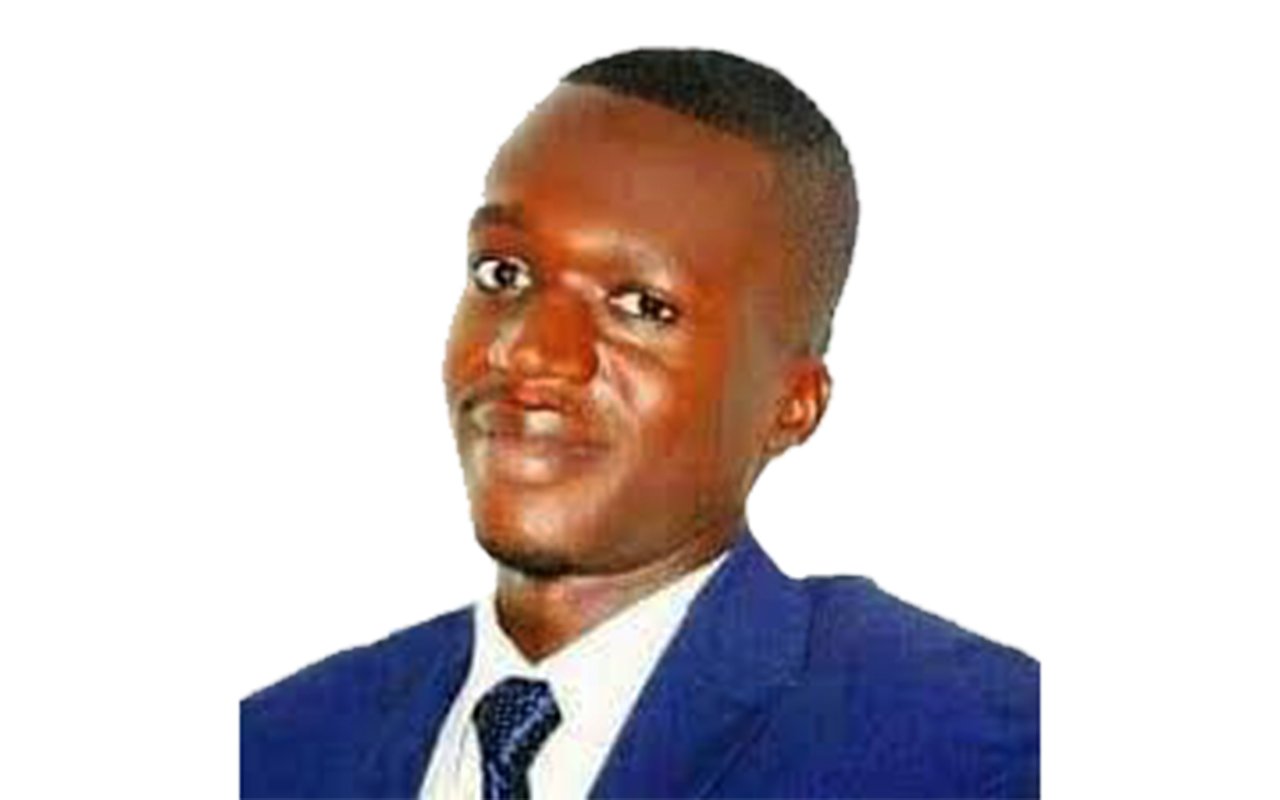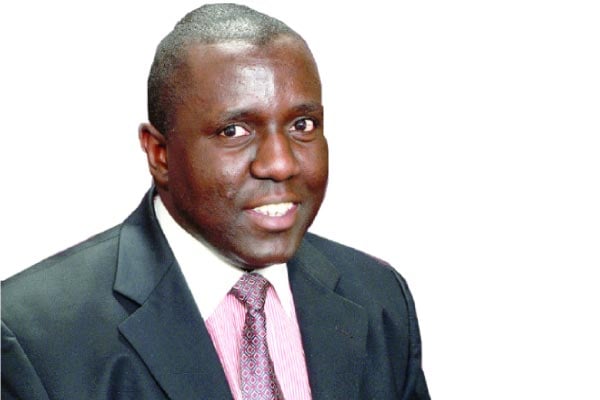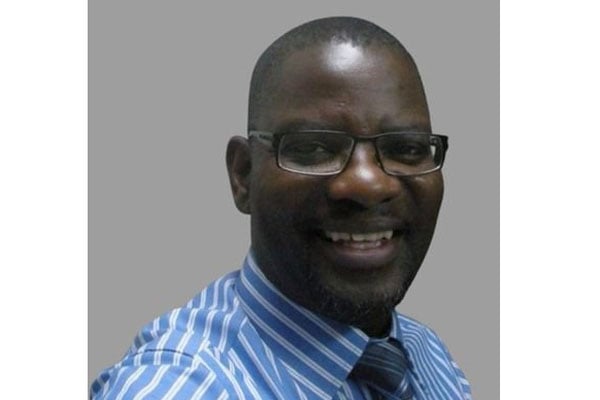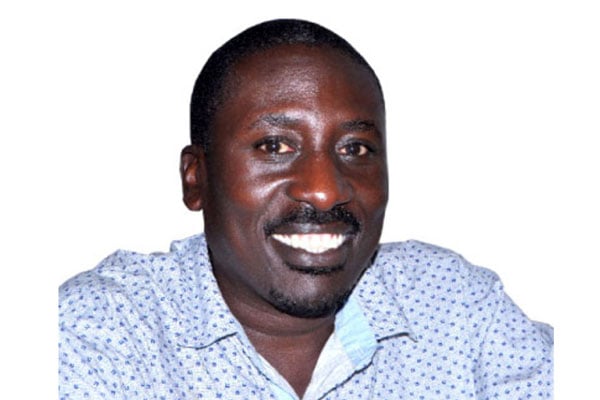
Author, Benjamin Rukwengye. PHOTO/FILE.
Someone who has lived out of Uganda for the last eight years told me this week that she is determined to return home. She thinks it’s easier to build a professional life and get rich here than it is in the West. I don’t entirely disagree with her.
In fact, she added that she thinks Ugandans are so negative about their prospects at home but that they are wrong. That they would need to live abroad to appreciate what they have. I argued that she has been away too long and hasn’t interacted with Uganda well enough to understand why many people of her age don’t see it the way she does.
The conversation is a good pointer to the fact that different people can have differing views about one thing and still be right. The Khadamas, who in their thousands, continue to flock to the Middle East, might miss home and wish they didn’t have to put in the back-breaking hours of manual labor or endure racist treatment but they know that there is nothing for them here.
That is why they go to every length to get to the “Promised Land” and pull every trick in the book to stay there.
Their experience of Uganda might not differ from your average professionals who are moving to Europe, Canada, and the United States, but you can see which of the two groups is likely to romanticize the idea of returning home to find prospects.
The government is currently conducting a national census that is said to cost 130 billion shillings. Yet the way the exercise is going is “So UG” that it is not clear what percentage of the data will be a clear reflection of the picture on the ground. In fact, the lackadaisical handling of the exercise makes it feel like the most logical thing would be to extend it by another 10 days or we won’t have covered everyone by the end of it.
My household was counted on Day 5. This was the first time I was participating so I was keen to discover what sorts of questions get asked. There were a couple of interesting ones, including some on mental health. A few years ago, it was reported that 14 million Ugandans suffered some form of mental illness. You can expect the number to go up, considering how things have been going.
It was odd, however, that there were no questions about citizens’ confidence in the government to deliver or whether one was planning to emigrate. For a country grappling with the challenge of how to create and increase access to opportunities – in whatever sphere – it would be great to know about these kinds of things.
How do we get this young and youthful population to enroll and stay in school longer? How do we find them decent jobs from which they can earn well enough to keep the lights on and have a meal? How do we make sure that they can access healthcare without a hustle? How do we skill them to be globally competitive? How do we harness their potential and ingenuity and integrate them into the economy? How do we give their dreams and ambitions a chance? How do we make them feel confident that they can achieve and succeed here?
These questions arise from observing Uganda of the last 15 years. There is a certain lethargy and fatigue that has deflated the spirit of those committed to building a uniform vision for Uganda. Instead, it has been replaced by shallow interests, a smash-and-grab attitude, and an often-seeming rudderless political and bureaucratic leadership.
Development projects don’t go beyond the launch dates. Politics has turned into a career. Public service is shunned and frowned upon. Merit counts for nothing. Excellence isn’t worth a dime. This explains why even serious things at the level of the national population census are handled with as little finesse as the family drunk’s wedding.
Ergo, those without confidence in the future might not be exactly wrong. Our planning and execution don’t inspire any. And because of that, you can expect that over the next 10 years, there will be fewer Ugandans in the arrivals than those in the departure lounge, looking to get away to wherever. There will also be many others prowling the streets with iron bars and pavers for weapons looking to grab whatever they can.
Benjamin Rukwengye is the founder, Boundless Minds. @Rukwengye








